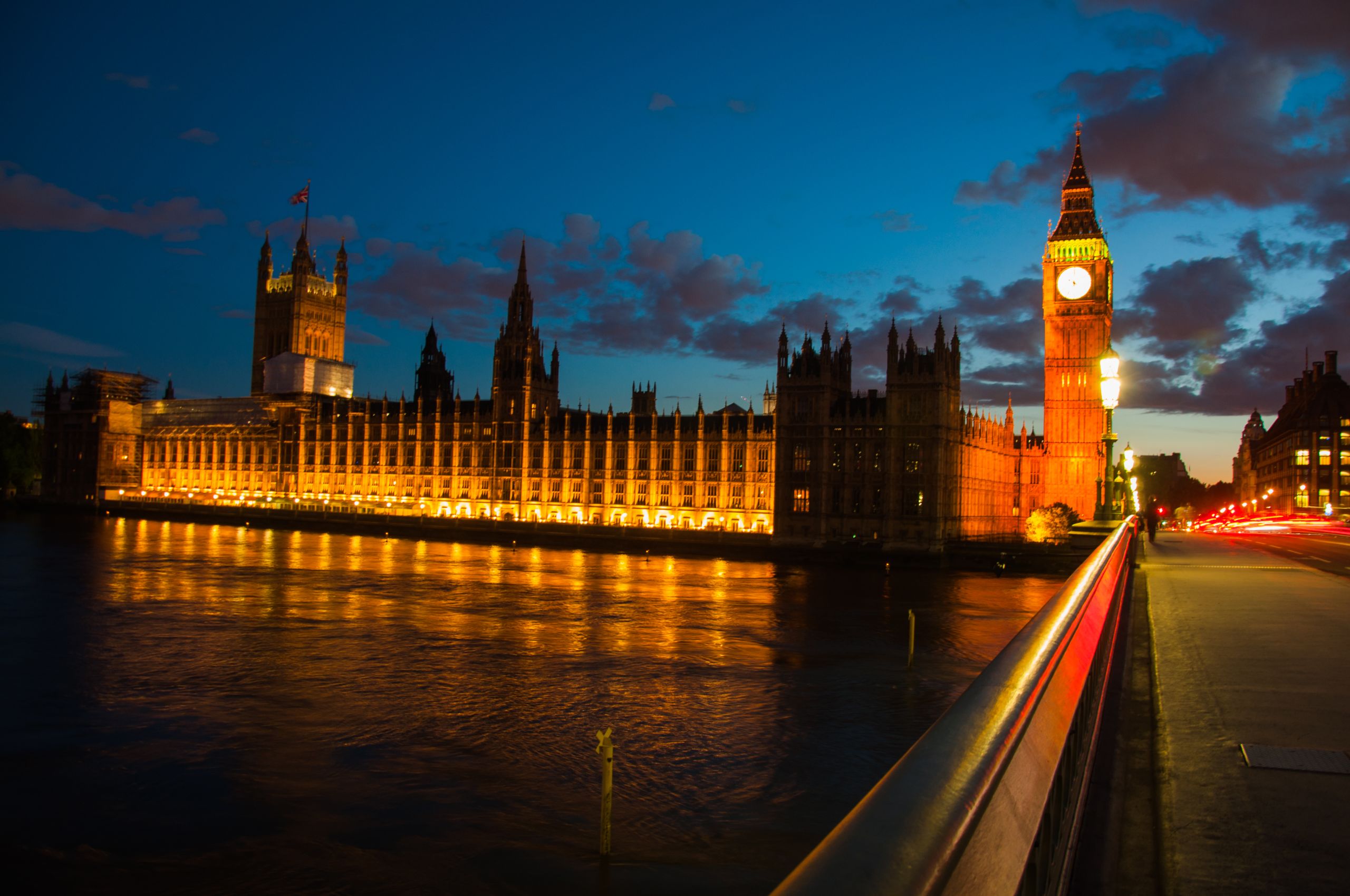"Far too soon": on dramatising the pandemic
Kiera Evans
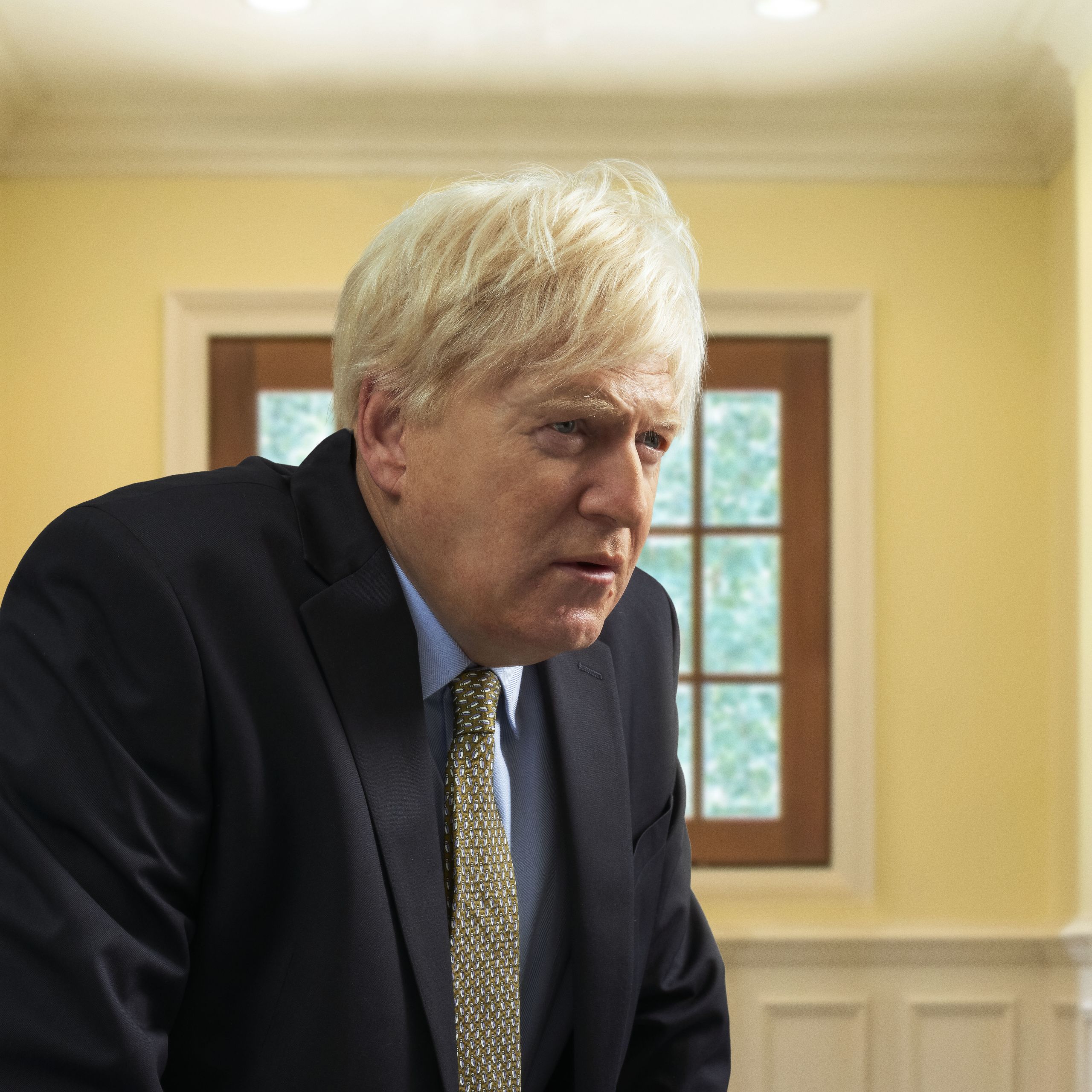
The coronavirus pandemic was always going to be one of those events that will be represented time and again on TV. Living through a global pandemic has been such a life-changing experience, and I’m sure it will be held in all of our memories for so long. How could broadcasters resist such a relatable, emotive storyline?
The problem with it being so defining is that any programme about coronavirus in the near future will cause a very real, visceral pain for some viewers - not just for those who lost someone to the virus, but for anyone who suffered from one of the many side-effects of the pandemic such as mental health problems or loneliness. I’d been wondering how long it would be before someone decided that it was the appropriate time for such a programme to be made.
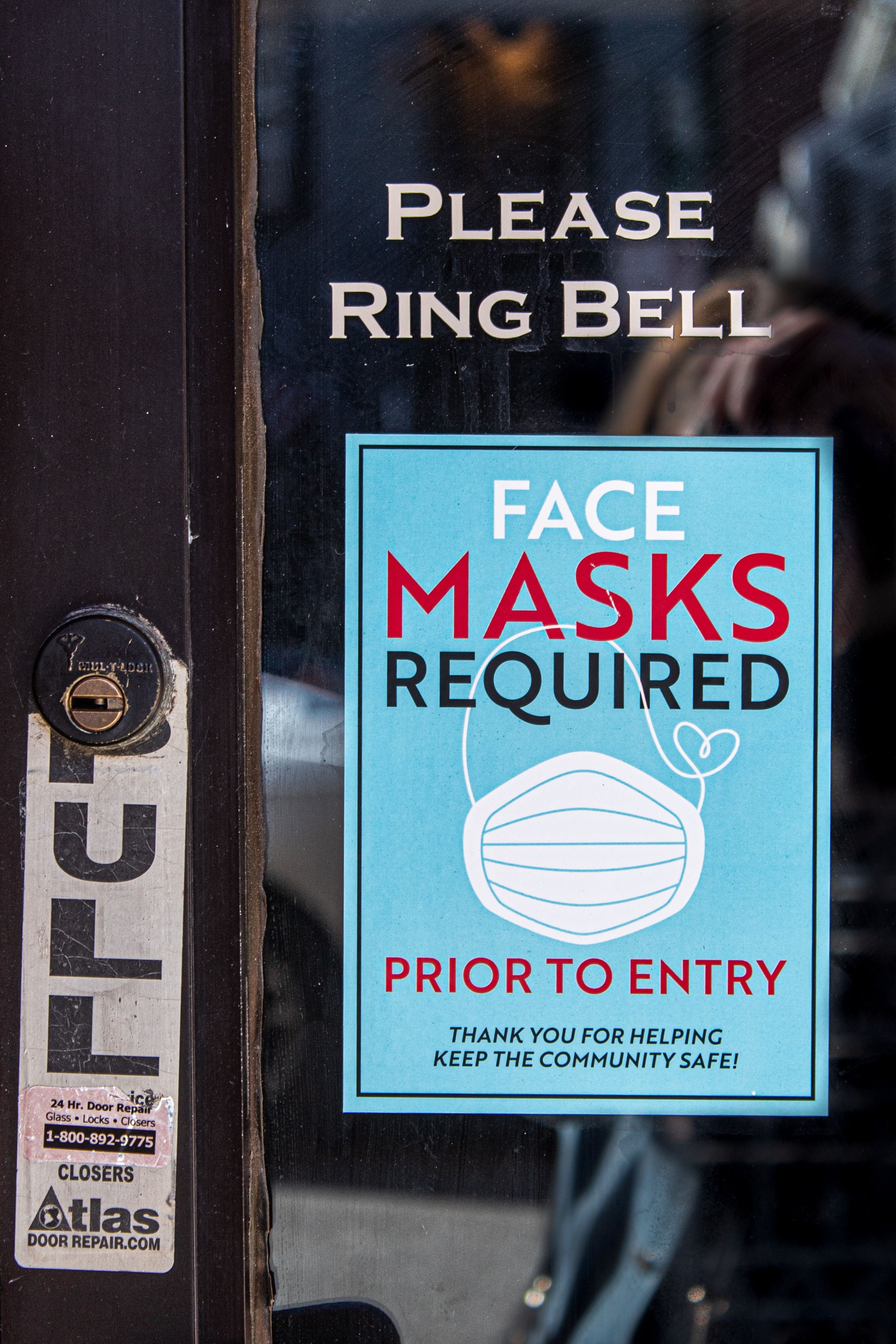
It turns out we didn’t even have to wait a year from the start of the first UK lockdown. It was announced earlier this year that Kenneth Branagh will be playing Boris Johnson in a TV series, set to air in autumn 2022, about the government’s response to the first wave of coronavirus infections. While I understand that this is a key part of the direction of the pandemic in this country, I personally think that it’s far too soon for this angle to be taken.
There are so many ways to show the first wave of the pandemic in the UK. You could focus on the health workers who were trying to save people from a virus which, at first, had no known treatments. You could focus on a family living through the highly emotive time that was spring last year. You could focus on the sense of community spirit that sprung up among the public. But to watch a representation of the government’s decision-making at that time? Decisions which led to a death toll of over 40,000 from the virus by the end of June 2020, which is now over 125,000? I’m just not ready for that.
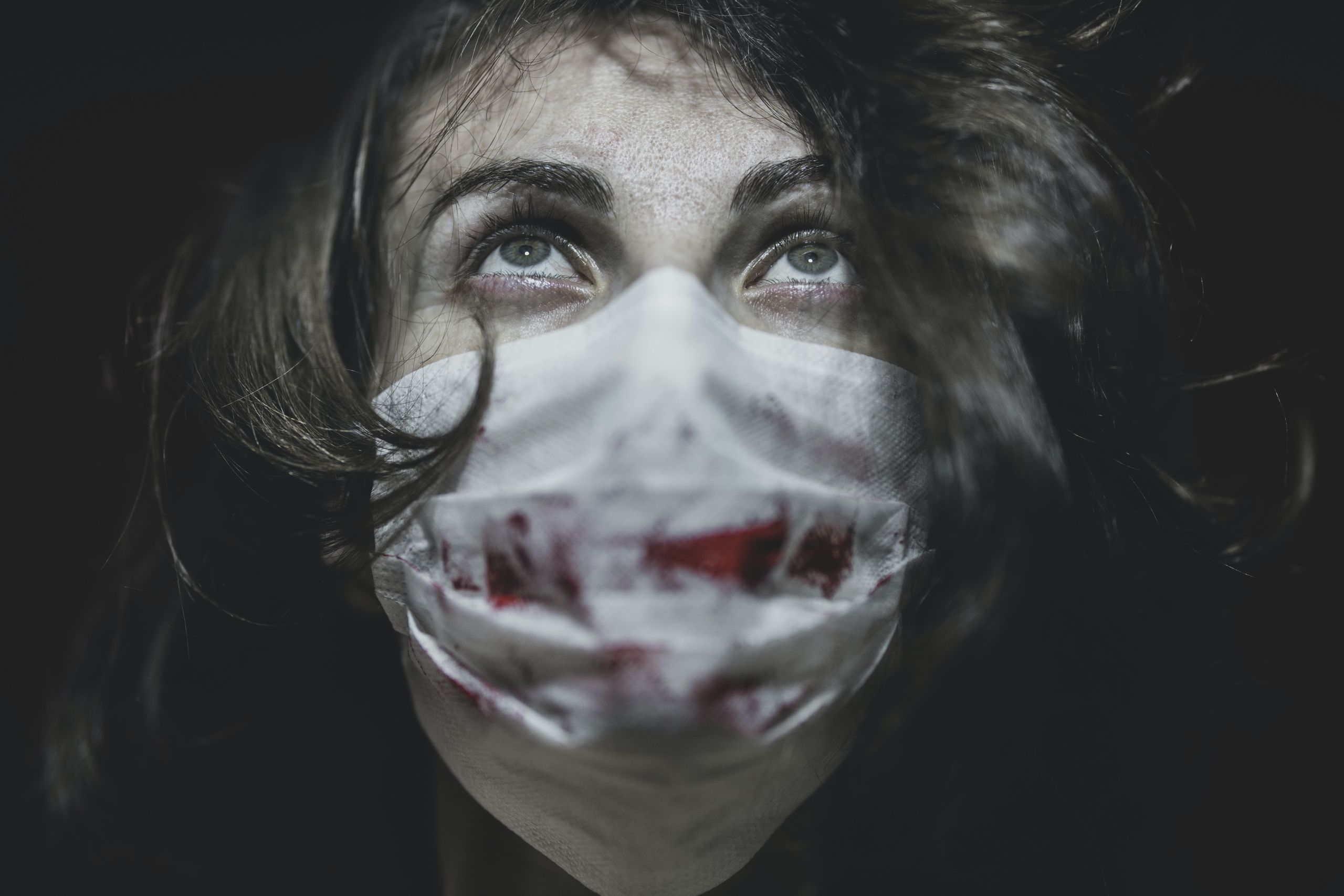
We may be back to pre-pandemic life by the time the series airs. However, whether we are or not, I still think it’s too soon to be making a programme about the government trying to deal with a problem that, it seems to me, they simply didn’t understand the extent of. I’m struggling to even think about watching a dramatised programme about a real-life, personal, national, and global tragedy while I’m still living in it. I don’t really understand why it was thought that now is an appropriate time to make such a programme.
I recently lost a close family member to the virus. The number of people allowed at the funeral was so limited that close relatives and friends had to watch a live-stream of it. There was no wake. We will wait months to be able to give them the send-off that they would have wanted. But that’s nothing compared to the experience of those who lost someone during the first wave - it’s been a year for them already. Until everyone has had the opportunity to grieve in the way that they wanted to, I think it’s insensitive to turn the political side of pandemic into a form of entertainment.
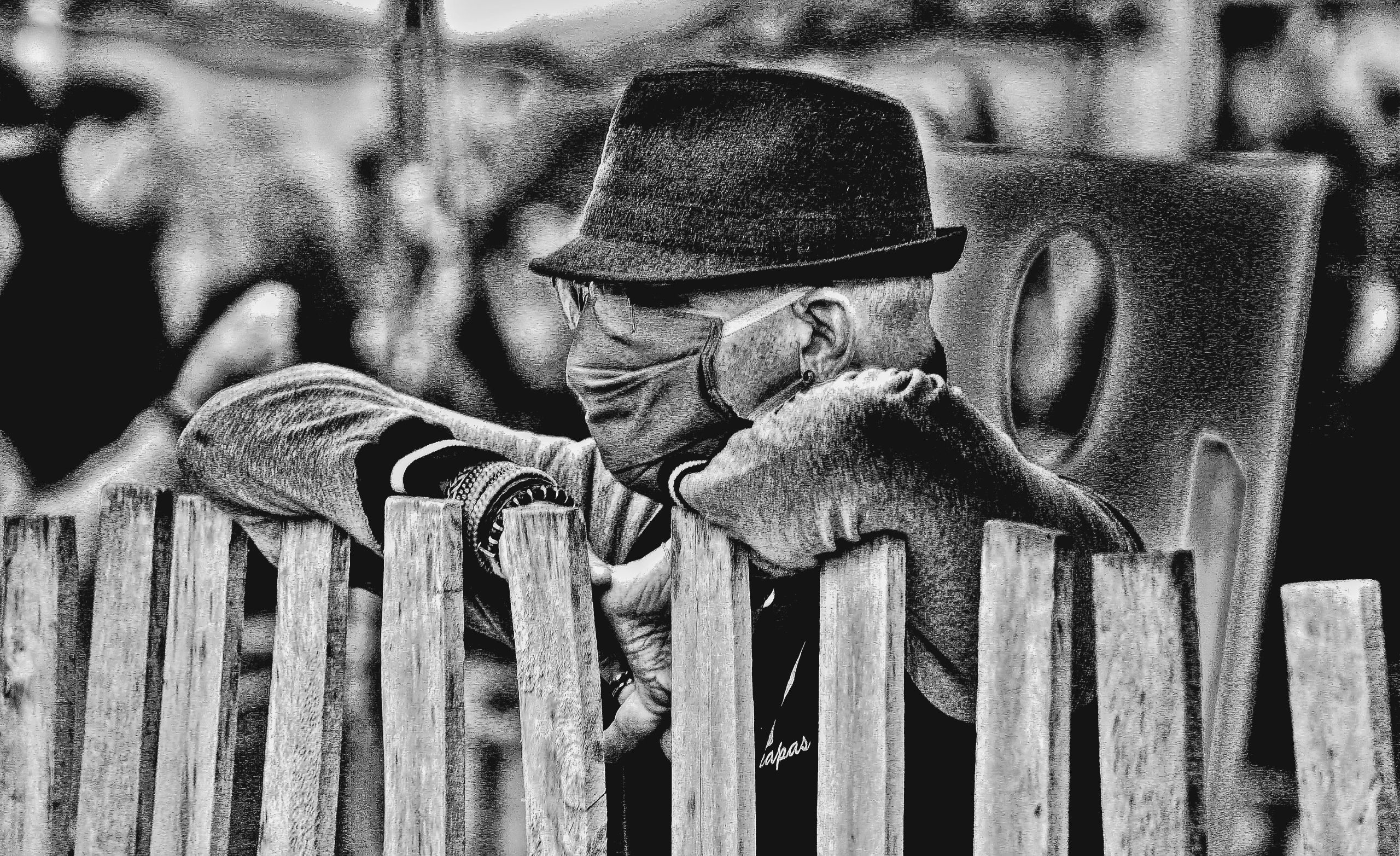
Of course, the government’s dealing with the pandemic is a topic that needs to be scrutinised and discussed. But now is not the time to be doing it in the entertainment industry, and I don’t think it will be until the public has had the chance to properly grieve for all that they lost during the pandemic. I don’t doubt that in the future, documentaries, films, and plays will present various interpretations of how well the government dealt with the pandemic. I’m sure I’ll watch them, in time.
But, as much as we’d like to be, we’re not in the clear yet. I for one will need some distance between myself and the pandemic before I watch a dramatised retelling of the government’s tackling of the virus.
